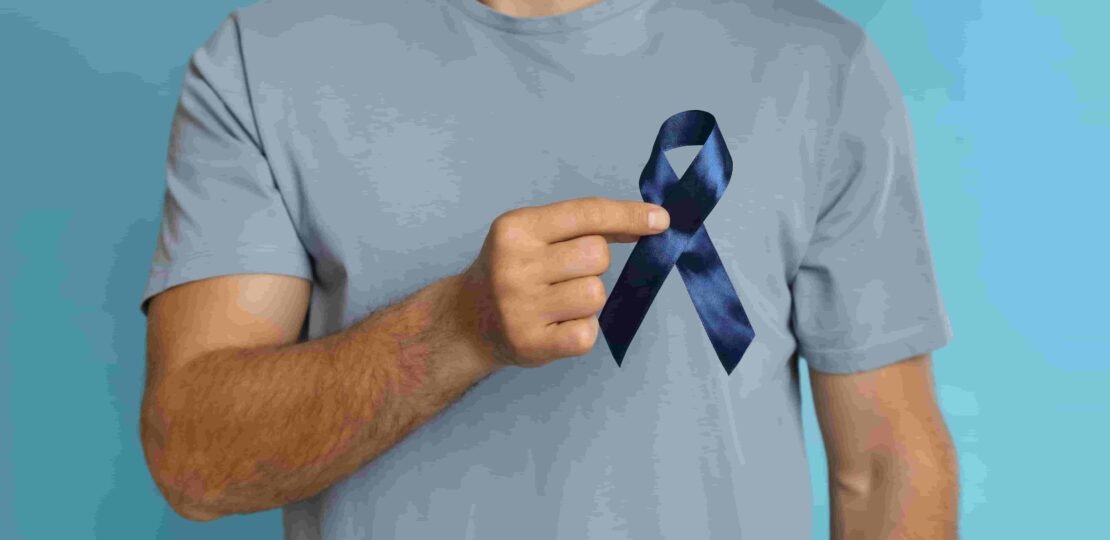
The colorectal region, encompassing the colon and rectum, is vital for digestive health. Various conditions can affect this area, leading to significant discomfort and health issues. Dr. Armen Gregorian, MD, a renowned colorectal surgeon in Glendale, specializes in diagnosing and treating these conditions with precision and care.
1. Hemorrhoids
Symptoms and Causes
Hemorrhoids are swollen blood vessels in the rectum or anus, often causing pain, itching, and bleeding. Common causes include straining during bowel movements, chronic constipation or diarrhea, obesity, and pregnancy.
Treatment Options
- Non-Surgical: Lifestyle changes such as increased fiber intake, hydration, and over-the-counter treatments can alleviate symptoms.
- Minimally Invasive Procedures: Rubber band ligation, sclerotherapy, and infrared coagulation are effective for more persistent cases.
- Surgical Intervention: Hemorrhoidectomy or stapled hemorrhoidopexy may be recommended for severe cases.
2. Anal Fissures
Symptoms and Causes
Anal fissures are small tears in the lining of the anus, causing pain and bleeding during bowel movements. They are often caused by passing large or hard stools, chronic diarrhea, or inflammatory bowel disease.
Treatment Options
- Conservative Management: High-fiber diets, stool softeners, and topical anesthetics can promote healing.
- Medical Treatment: Prescription medications such as nitroglycerin ointment, calcium channel blockers, or Botox injections may be used.
- Surgical Options: Lateral internal sphincterotomy is an effective surgery for chronic fissures.
3. Colorectal Polyps
Symptoms and Causes
Polyps are growths on the inner lining of the colon or rectum, which can be benign or precancerous. While often asymptomatic, they may cause bleeding, changes in bowel habits, or abdominal pain.
Treatment Options
- Polypectomy: Removal during a colonoscopy is the standard treatment.
- Surgical Resection: For larger polyps or those with suspicious features, surgery may be necessary to remove part of the colon.
4. Colorectal Cancer
Symptoms and Causes
Colorectal cancer arises from the uncontrolled growth of abnormal cells in the colon or rectum. Symptoms include changes in bowel habits, blood in the stool, abdominal pain, and unexplained weight loss. Risk factors include age, family history, inflammatory bowel disease, and certain genetic syndromes.
Treatment Options
- Surgical Treatment: Resection of the tumor and surrounding tissue is often required.
- Radiation Therapy: Used primarily for rectal cancer, either before or after surgery.
- Chemotherapy: Employed to kill cancer cells, often used in combination with surgery.
- Targeted Therapy and Immunotherapy: Advanced treatments targeting specific cancer cells or boosting the body’s immune response.
5. Inflammatory Bowel Disease (IBD)
Symptoms and Causes
IBD includes conditions like Crohn’s disease and ulcerative colitis, characterized by chronic inflammation of the gastrointestinal tract. Symptoms include abdominal pain, diarrhea, rectal bleeding, and weight loss.
Treatment Options
- Medication: Anti-inflammatory drugs, immune system suppressors, antibiotics, and biologics can manage symptoms and inflammation.
- Nutritional Support: Special diets and nutritional supplements may be necessary.
- Surgery: In severe cases, surgery to remove damaged portions of the gastrointestinal tract may be required.
Seeking Professional Help
Dr. Armen Gregorian, MD, offers expert care for a wide range of colorectal conditions. His practice in Glendale is dedicated to providing personalized treatment plans that address the specific needs of each patient, ensuring the best possible outcomes. Whether dealing with common issues like hemorrhoids or more complex conditions like colorectal cancer, seeking timely and professional medical advice is crucial.
RELATED POSTS
View all


